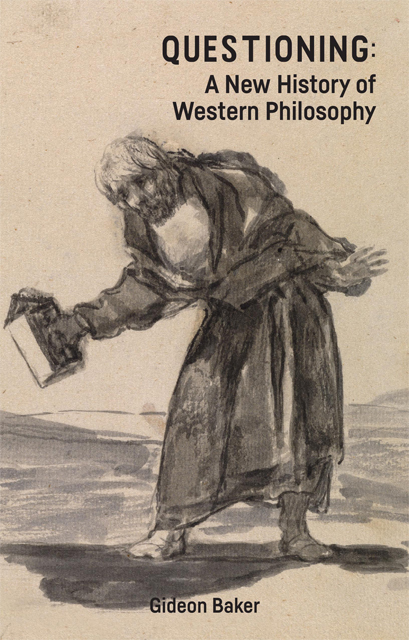17 - Badiou
Published online by Cambridge University Press: 14 July 2023
Summary
QUESTIONING ARISES FROM A sense that things might be other than they are. This is why the French philosopher Alain Badiou (born 1937) is significant, for his is the most systematic answer to the question: how can anything new happen? What Badiou means by new is not variation on a theme, for example the sort of normal change involved in processes such as ageing, but New – a genuine creation. Can the normal ways of the world be subject to transformation such that what was previously counted possible is no longer all there is?
Take love, for example. When I fall in love, it feels like something really unique is happening. There was my life before I met my lover; now everything has changed. But is this feeling anything other than just that – a feeling? Most experts would say no – psychoanalysts might dismiss my feelings as at bottom issues with Daddy and Mummy. Anthropologists, meanwhile, would point to the inconvenient fact that my seemingly unique love affair is conducted in much the same way as everyone else’s in my culture: I buy roses; send a valentine’s card. Maybe not so unique after all. Neuroscientists, for their part, could identify that part of my brain that is activated in love – my life-changing encounter is just a state of mind.
Against the naysayers, Badiou (In Praise of Love) is convinced that love can be New – in other words that it can be true. Denouncing the ‘safety-first’ concept of love – a love ‘insured against all risks’ – love, for Badiou, must be ‘something that innovates’ (Badiou 2012: 6; 11). A true love affair really does break with the previous order of my life. Once I was one in the sense of being alone in the world; now the one of love is made up of two. Badiou does not deny that nothing objective really changes in love, but to the extent that two people remain true to their (purely subjective) declaration of love for each other, their lives really can change beyond recognition. Things they were incapable of before (thinking of somebody other than themselves, perhaps) become possible, while things that were previously nothing (living without the person they love, especially) become everything.
- Type
- Chapter
- Information
- QuestioningA New History of Western Philosophy, pp. 179 - 188Publisher: Edinburgh University PressPrint publication year: 2022

